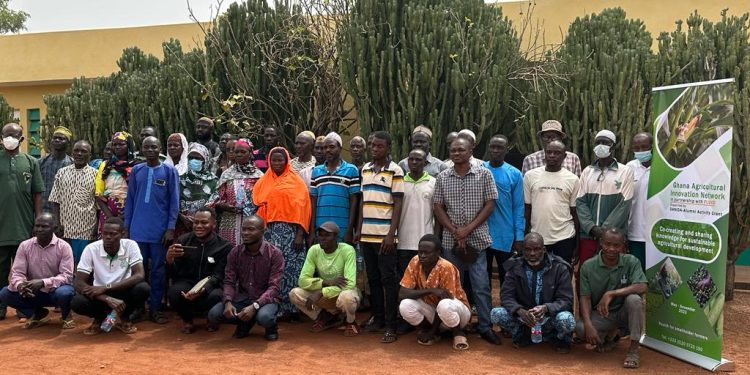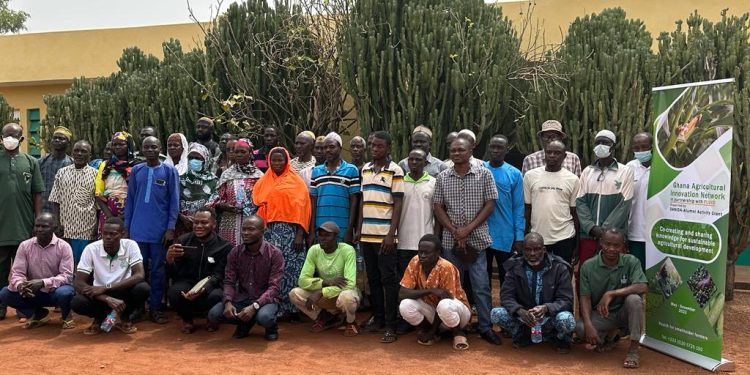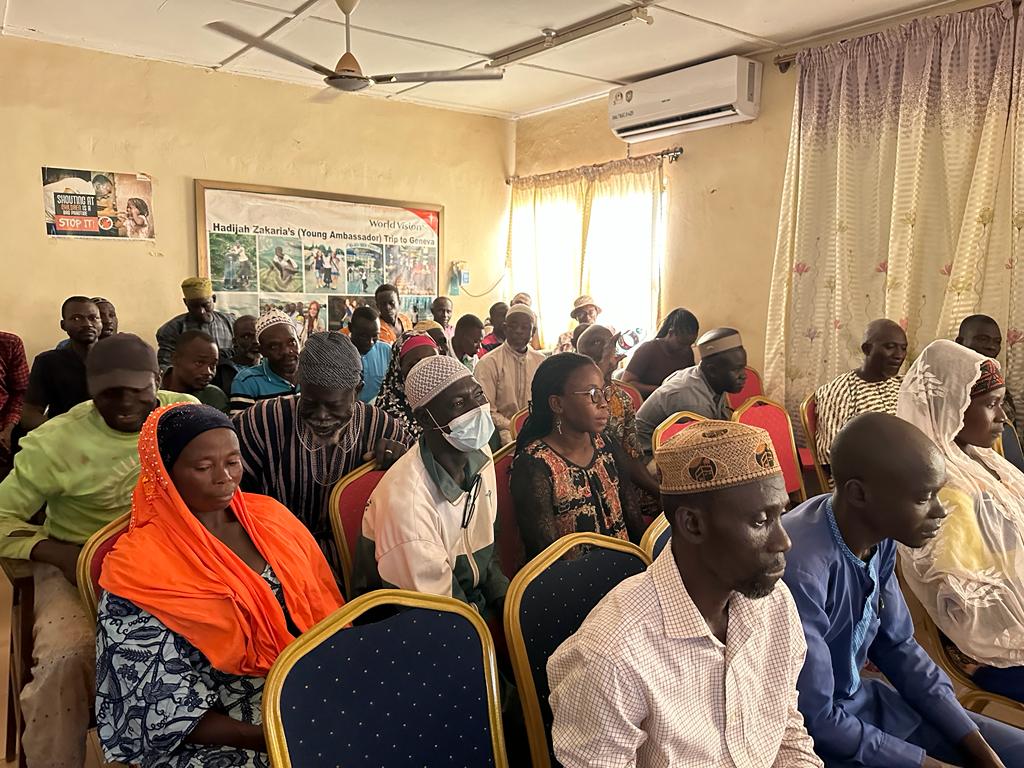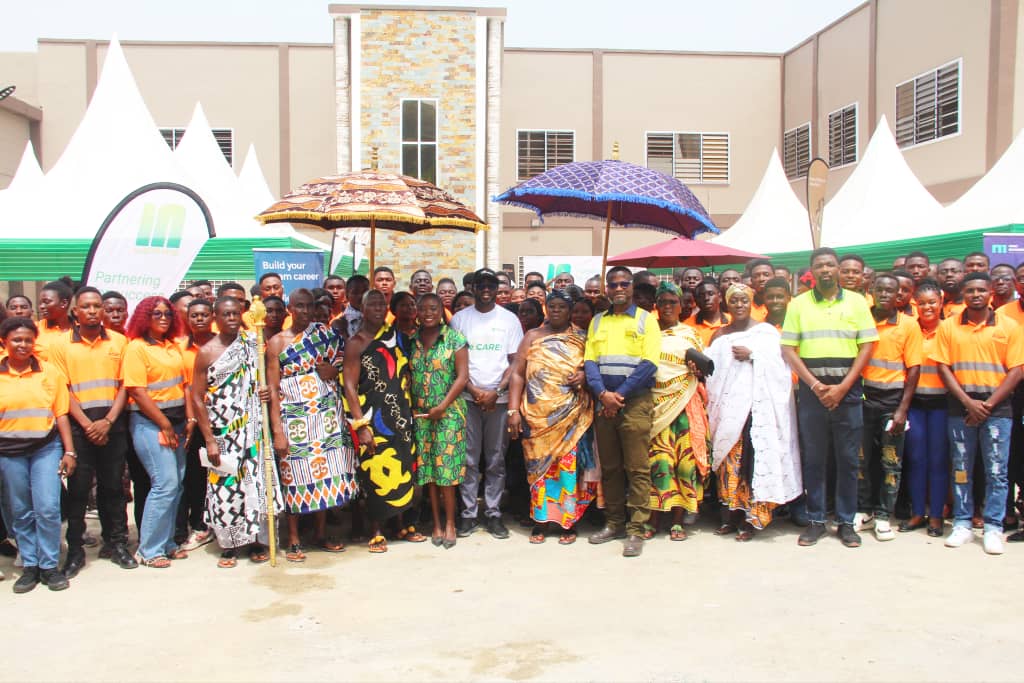Farmers in Tolon urged to embrace PFJ initiative for improved yields


Farmers in the Tolon district of the Northern Region have been urged to utilize the government’s Planting for Food and Jobs (PFJ) initiative along with adopting good agronomic practices to enhance yields.
Basit Abdul Zakari, the district director of agriculture, emphasized that this approach would alleviate the challenges faced by many poor farmers who struggle to afford expensive fertilizers, resulting in low yields.
Mr. Zakari also advocated for policy improvements to ensure the availability of seeds, inputs, and machinery necessary to drive agricultural growth.
He called for enhancements in Phase 2 of the Planting for Food and Jobs program to reach more farmers in rural areas.
“As a technical person, let me say PFJ has been very helpful in improving the quality of life for farmers across the country,” stated Mr. Zakari.
“Considering Tolon’s farming population of over 80,000, additional machinery is required to support these farmers effectively.”
Highlighting essential agronomic practices, he emphasized the importance of farmers consistently using quality seedlings rather than reusing produce from previous seasons.
He encouraged farmers to approach farming as a profession and to adopt professional practices, including purchasing quality seedlings, utilizing appropriate fertilizers, soil preparation techniques, and employing suitable chemicals to optimize yields.
“When farmers adopt a holistic approach like this, their perception of farming will change,” Mr. Zakari remarked.
He shared these insights with CitiNews during an interview at a Knowledge Sharing Durbar organized by the Danida Alumni Network Ghana at the Tolon Department of Agriculture.
In addition, Eugene Dela Setsoafia, a Danida Alumni Activity Grant Recipient, explained that the engagement aimed to identify farmers’ challenges to facilitate lasting solutions in subsequent farming seasons.
He discussed their initiative to institutionalize the lead farmer concept, citing research indicating that only 2 out of 10 farmers have access to information on best agronomic practices.

“If we have lead farmers who are clustered and live within the same vicinity, it will be much easier to share information than waiting for the extension officers who are assigned huge numbers of farmers to reach.”
Setsoafia explained that trained lead farmers would receive knowledge from extension workers and disseminate it within their communities, thereby easing the burden on extension workers and empowering farmers to improve their practices.





